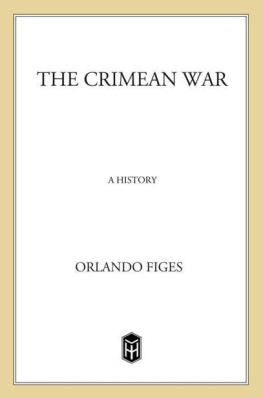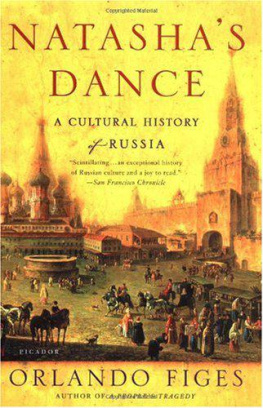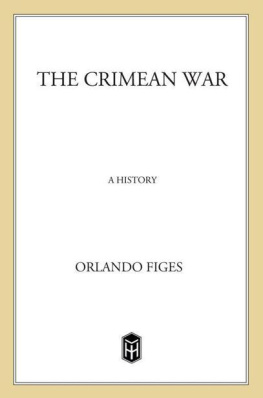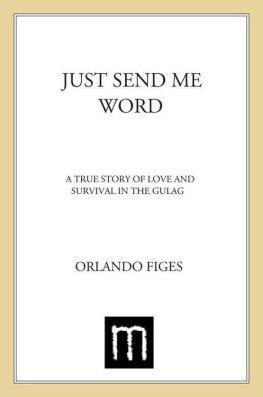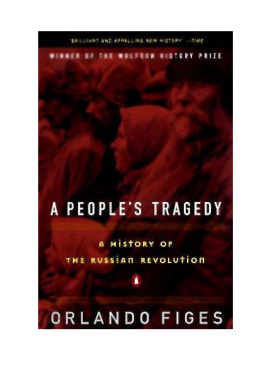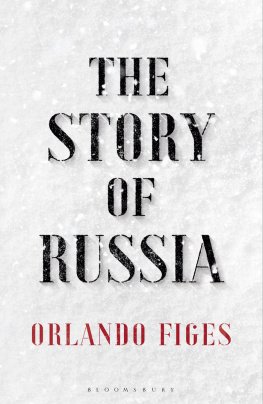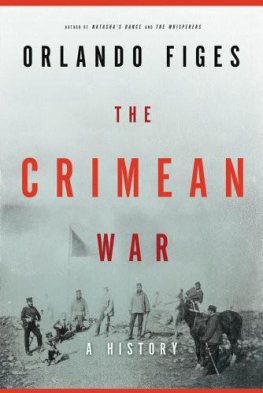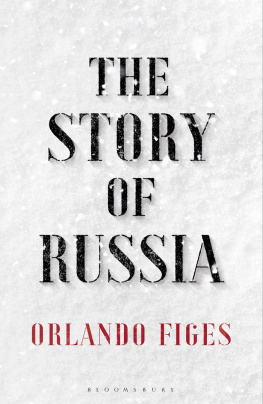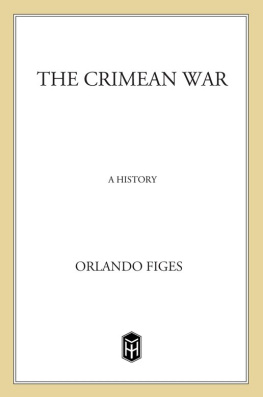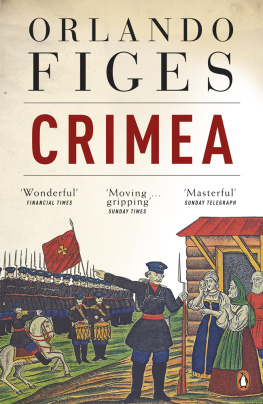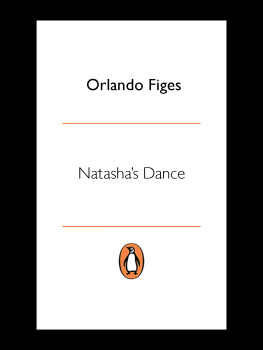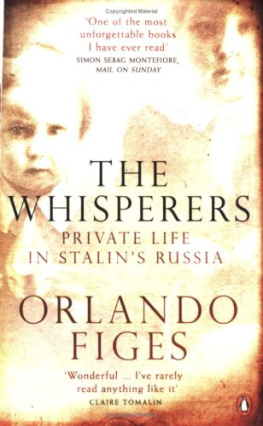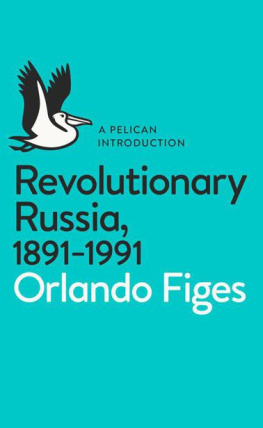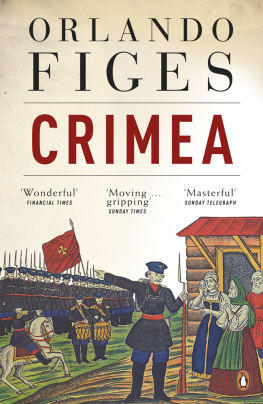In the parish church of Witchampton in Dorset there is a memorial to commemorate five soldiers from this peaceful little village who fought and died in the Crimean War. The inscription reads:
DIED IN THE SERVICE OF THEIR COUNTRY.
THEIR BODIES ARE IN THE CRIMEA.
MAY THEIR SOULS REST IN PEACE. MDCCCLIV
In the communal cemetery of Hricourt in south-eastern France, there is a gravestone with the names of the nine men from the area who died in the Crimea:
ILS SONT MORTS POUR LA PATRIE.
AMIS, NOUS NOUS REVERRONS UN JOUR
At the base of the memorial somebody has placed two cannonballs, one with the name of the Malakoff (Malakhov) Bastion, captured by the French during the siege of Sevastopol, the Russian naval base in the Crimea, the other with the name Sebastopol. Thousands of French and British soldiers lie in unmarked and long-neglected graves in the Crimea.
In Sevastopol itself there are hundreds of memorials, many of them in the military cemetery ( bratskoe kladbishche ), one of three huge burial grounds established by the Russians during the siege, where a staggering 127,583 men killed in the defence of the town lie buried. The officers have individual graves with their names and regiments but the ordinary soldiers are buried in mass graves of fifty or a hundred men. Among the Russians there are soldiers who had come from Serbia, Bulgaria or Greece, their co-religionists in the Eastern Church, in response to the Tsars call for the Orthodox to defend their faith. One small plaque, barely visible in the long grass where fifteen sailors lie underground, commemorates their heroic sacrifice during the defence of Sevastopol in 1854-5:
THEY DIED FOR THEIR FATHERLAND,
FOR TSAR AND FOR GOD
Elsewhere in Sevastopol there are eternal flames and monuments to the unknown and uncounted soldiers who died fighting for the town. It is estimated that a quarter of a million Russian soldiers, sailors and civilians are buried in mass graves in Sevastopols three military cemeteries.
Two world wars have obscured the huge scale and enormous human cost of the Crimean War. Today it seems to us a relatively minor war; it is almost forgotten, like the plaques and gravestones in those churchyards. Even in the countries that took part in it (Russia, Britain, France, Piedmont-Sardinia in Italy and the Ottoman Empire, including those territories that would later make up Romania and Bulgaria) there are not many people today who could say what the Crimean War was all about. But for our ancestors before the First World War the Crimea was the major conflict of the nineteenth century, the most important war of their lifetimes, just as the world wars of the twentieth century are the dominant historical landmarks of our lives.
The losses were immense at least three-quarters of a million soldiers killed in battle or lost through illness and disease, two-thirds of them Russian. The French lost around 100,000 men, the British a small fraction of that number, about 20,000, because they sent far fewer troops (98,000 British soldiers and sailors were involved in the Crimea compared to 310,000 French). But even so, for a small agricultural community such as Witchampton the loss of five able-bodied men was felt as a heavy blow. In the parishes of Whitegate, Aghada and Farsid in County Cork in Ireland, where the British army recruited heavily, almost one-third of the male population died in the Crimean War.
Nobody has counted the civilian casualties: victims of the shelling; people starved to death in besieged towns; populations devastated by disease spread by the armies; entire communities wiped out in the massacres and organized campaigns of ethnic cleansing that accompanied the fighting in the Caucasus, the Balkans and the Crimea. This was the first total war, a nineteenth-century version of the wars of our own age, involving civilians and humanitarian crises.
It was also the earliest example of a truly modern war fought with new industrial technologies, modern rifles, steamships and railways, novel forms of logistics and communication like the telegraph, important innovations in military medicine, and war reporters and photographers directly on the scene. Yet at the same time it was the last war to be conducted by the old codes of chivalry, with parliamentaries and truces in the fighting to clear the dead and wounded from the killing fields. The early battles in the Crimea, on the River Alma and at Balaklava, where the famous Charge of the Light Brigade took place, were not so very different from the sort of fighting that went on during the Napoleonic Wars. Yet the siege of Sevastopol, the longest and most crucial phase of the Crimean War, was a precursor of the industrialized trench warfare of 191418. During the eleven and a half months of the siege, 120 kilometres of trenches were dug by the Russians, the British and the French; 150 million gunshots and 5 million bombs and shells of various calibre were exchanged between the two sides.
The name of the Crimean War does not reflect its global scale and huge significance for Europe, Russia and that area of the world stretching from the Balkans to Jerusalem, from Constantinople to the Caucasus that came to be defined by the Eastern Question, the great international problem posed by the disintegration of the Ottoman Empire. Perhaps it would be better to adopt the Russian name for the Crimean War, the Eastern War ( Vostochnaia voina ), which at least has the merit of connecting it to the Eastern Question, or even the Turco-Russian War, the name for it in many Turkish sources, which places it in the longer-term historical context of centuries of warfare between the Russians and the Ottomans, although this omits the crucial factor of Western intervention in the war.
The war began in 1853 between Ottoman and Russian forces in the Danubian principalities of Moldavia and Wallachia, the territory of todays Romania, and spread to the Caucasus, where the Turks and the British encouraged and supported the struggle of the Muslim tribes against Russia, and from there to other areas of the Black Sea. By 1854, with the intervention of the British and the French on Turkeys side and the Austrians threatening to join this anti-Russian alliance, the Tsar withdrew his forces from the principalities, and the fighting shifted to the Crimea. But there were several other theatres of the war in 18545: in the Baltic Sea, where the Royal Navy planned to attack St Petersburg, the Russian capital; on the White Sea, where it bombarded the Solovetsky Monastery in July 1854; and even on the Pacific coastline of Siberia.
The global scale of the fighting was matched by the diversity of people it involved. Readers will find here a broad canvas populated less than they might have hoped (or feared) by military types and more by kings and queens, princes, courtiers, diplomats, religious leaders, Polish and Hungarian revolutionaries, doctors, nurses, journalists, artists and photographers, pamphleteers and writers, none more central to the story from the Russian perspective than Leo Tolstoy, who served as an officer on three different fronts of the Crimean War (the Caucasus, the Danube and the Crimea). Above all, through their own words in letters and memoirs, the reader will find here the viewpoint of the serving officers and ordinary troops, from the British Tommy to the French-Algerian Zouaves and the Russian serf soldiers.

